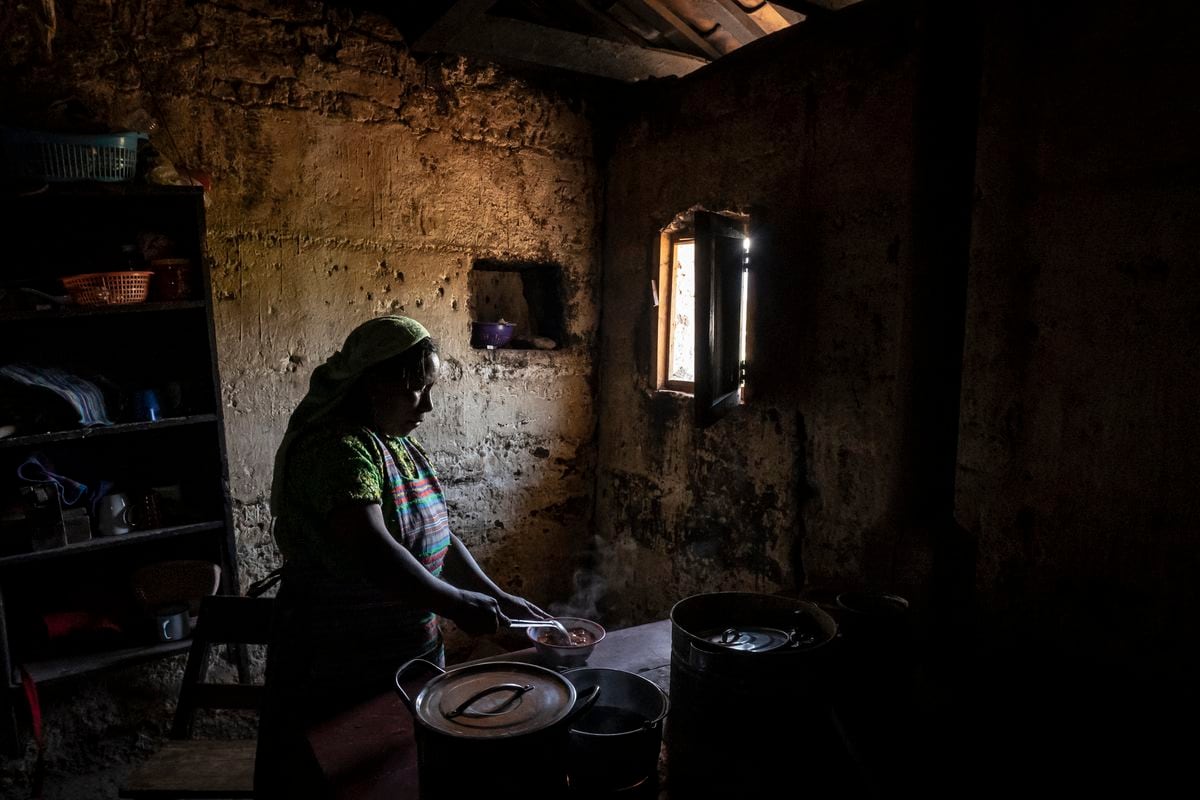The consequences of the war in Ukraine are already being felt throughout the world, but for developing countries, such as those that make up the Latin American region, the impact is measured in hunger.
This indicates the Organization for Economic Cooperation and Development (OECD) in its projections report for this year in its 38 member countries, published on Wednesday.
The price of food will continue to rise, also driven by the rise in the price of energy, for which the multilateral urges governments to attend to the most vulnerable populations.
The France-based organization lowered its global economic growth forecast for this year to 3% from 4.5%.
Next year global growth will be lower, just 2.75%.
Meanwhile, inflation this year, on a global average, will reach 9%.
In Latin America, Colombia will be the member country that will grow the most this year, with an estimated increase in gross domestic product (GDP) of 6.1%, while Brazil will have the worst performance, with an expected growth of 0.6%.
The other member countries of the OECD in Latin America are Mexico, Costa Rica, Chile and Argentina.
Peru has been invited to join.
"The most pressing thing is to avoid a food crisis," writes Laurence Boone, chief economist of the OECD, in the introductory text of the report.
Of particular concern is that the cessation of wheat exports from Russia and Ukraine could lead to severe food shortages in many developing economies.
"There would be an acute risk not only of economic crises in some countries, but also of humanitarian disasters, with a sharp increase in poverty and hunger," adds Boone.
Boone calls for global cooperation between governments to get food at affordable prices to consumers in low - income economies .
"The mistakes made in the global distribution of vaccines are still fresh in everyone's mind," says the chief economist.
"Let's not repeat them."
The OECD highlights that both Chile and Colombia require tax reforms to address the low progressivity of taxes.
And while a reform in Colombia, which is holding the second round of presidential elections in just over a week, has already laid the groundwork for continued support for the most vulnerable households this year, it does not stabilize public debt levels.
In Chile and Mexico, the uncertainty will probably curb private investment, the engine of the economy.
The South American country is currently in the process of rewriting its constitution, which "will probably curb business investment," the report says.
Meanwhile, in Mexico, the government has sought to reduce the size and power of regulatory bodies and has limited the participation of private companies in the energy sector.
Without speaking directly about these efforts, the OECD points out: "Guaranteeing the independence of regulators and competition authorities, as well as a sufficient budget to carry out their functions, would also boost competition and productivity."
Inequality and poverty persist as urgent problems in the countries of the region, according to the multilateral, which is why all governments recommend social spending measures that are targeted and support those who need it most.
Subscribe here to the EL PAÍS América newsletter and receive all the key information on current affairs in the region.


/cloudfront-eu-central-1.images.arcpublishing.com/prisa/GSAG3AFDE5GZ7CR5RU42LT63UM.jpg)



/cloudfront-eu-central-1.images.arcpublishing.com/prisa/D6BPFYE4B5FMJAMYWLMWT3HYGQ.jpg)


